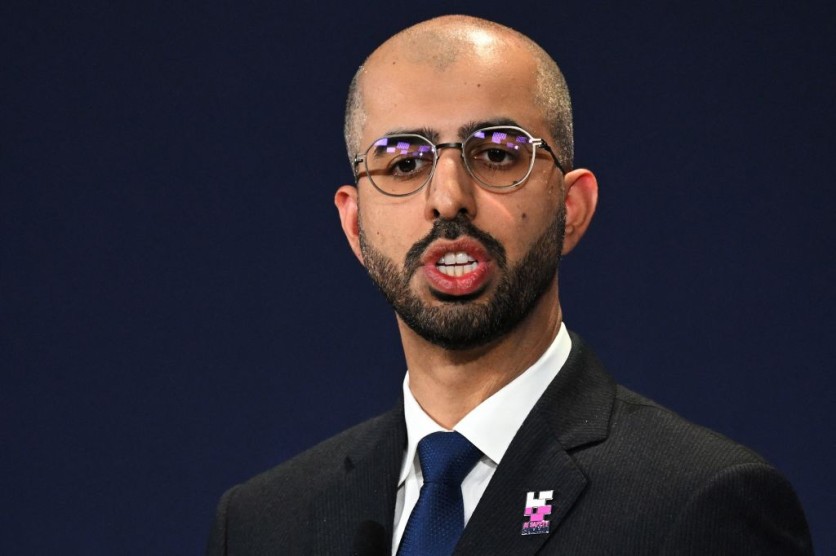In a groundbreaking exploration, the AI minister UAE sounded a cautionary note against the overregulation of technology, particularly artificial intelligence. He emphasized the profound impact of the printing press on Western literacy and the ensuing tensions it triggered in the Ottoman Empire.

Warning Against Excessive AI Regulation
United Arab Emirates' AI minister Omar Al Olama has cautioned against excessive regulation of technology. Al Olama, the world's first AI minister appointed at the age of 27, likened rejecting AI to the Ottoman Sultan's refusal of the printing press.
Drawing historical parallels, Interesting Engineering reported that the referenced Johannes Gutenberg's 15th-century invention, which revolutionized information dissemination, emphasizing its profound impact on literacy through mass production of affordable and accessible books in Western nations.
In the historical context of the Middle East, particularly within the Ottoman Empire, the advent of the printing press was met with skepticism and apprehension. Authorities perceived this innovation as a potential challenge to the established social order, given its capacity to disseminate ideas and perspectives widely.
The centralized power structure of the Ottoman Empire, which tightly controlled information and knowledge dissemination, faced a potential threat from the transformative capabilities of the printing press.
In contrast to the profound impact the printing press had on Western societies, its reception in the Ottoman Empire highlighted the inherent tensions between technological innovation and the preservation of existing power structures.
Also Read : AI "Risks Lie in the Application" Says Germany, France, Italy on AI Regulation Agreement
Al Olama drew insightful parallels during his address at the Fortune Global Forum in Abu Dhabi. Despite its global adoption, he cautioned against overregulation of AI, likening it to historical circumstances where the printing press was banned in the Middle East for two centuries due to regulatory concerns.
He emphasized the importance of avoiding a similar scenario with AI and urged a balanced approach that embraces innovation while addressing regulatory considerations.
Reflecting on historical parallels, Fortune reported that the UAE minister drew connections between concerns surrounding the printing press in the Ottoman Empire and contemporary apprehensions about AI.
He recounted how calligraphers feared job loss, akin to contemporary worries about automation and job displacement through AI. Additionally, religious scholars voiced concerns about misinformation, drawing a parallel to the current challenges of data fairness and privacy issues associated with AI.
Balanced Approach
As per DD News reported that Al Olama highlighted that the Sultan's advisors, uncertain about the consequences of the printing press, opted for a temporary ban to observe its impact on other societies before reconsidering.
This historical caution resonates with the ongoing debates on AI risks, covering job displacement, data fairness, privacy, national security, and broader existential concerns, particularly in the context of innovations like ChatGPT.
Offering insights for navigating these challenges, Al Olama stressed the need for governments to maintain a balanced approach.
He cautioned against prioritizing technological progress at the expense of humanity, emphasizing the importance of a nuanced dialogue that empowers government professionals to regulate AI effectively, encouraging a thoughtful consideration of the historical context to inform the responsible development and regulation of AI.

ⓒ 2026 TECHTIMES.com All rights reserved. Do not reproduce without permission.




